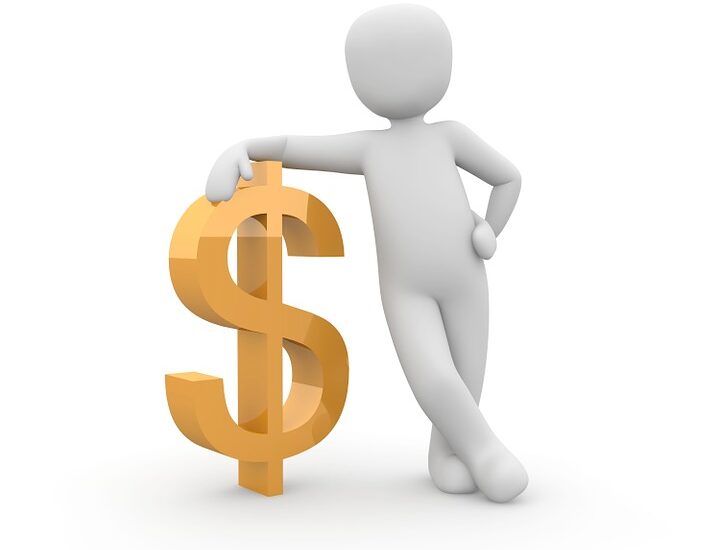- January 20, 2019
- Posted by: 145763077
- Category: Blog

Have you ever asked the question, what is my business worth?
In addition to using standardized valuation approaches (asset, market, and income), deciding business value is as much an art as it is science, and we often use assumptions that include the Broker’s knowledge and experience in the marketplace and familiarity with comparable businesses.
Simply put, we determine business value by what it earns (profitability), what is owns (asset value), and what is the perceived level of risk versus return (risk factor). Using collected data, coupled with industry expertise, leads to the best calculation of business value.
A business owns both tangible and intangible assets. Tangible assets are physical assets such as furniture, fixtures, and equipment (FF&E), inventory, real estate, vehicles, etc. Fixed assets are the physical items a company owns but does not sell. This includes the machinery and land needed to keep the business running. Intangible assets, on the other hand, are non-physical items, that include client lists, contracts, copyrights, domain names, leases, licenses, patents, recipes, trade names, trademarks, goodwill, etc.
The business earns more than income since business ownership involves realizing other financial rewards, and benefits, such as a salary, company vehicle, health insurance, and a pension plan.
Every investment has a certain perceived risk factor and an expected return on investment (ROI). It is important to properly uncover and quantify the intangible asset, goodwill, the potential for replicability of current income and the future income potential.
Additionally, there are other drivers that create value to buyers, such as the systems your business has in place, serving a niche market, recurring revenue streams, a scalable business, a strong management team in place, clean books and records, etc. You can take our short business value assessment here and see how your business ranks.
The essential point is, that there is much more than meets the eye when determining value in a business, and every business is a unique entity. Simple rules of thumb multiples of earnings and “average business” assumptions do not provide accurate business valuations. A myriad set of abilities, assumptions, data, and industry knowledge is necessary for determining a proper valuation.
